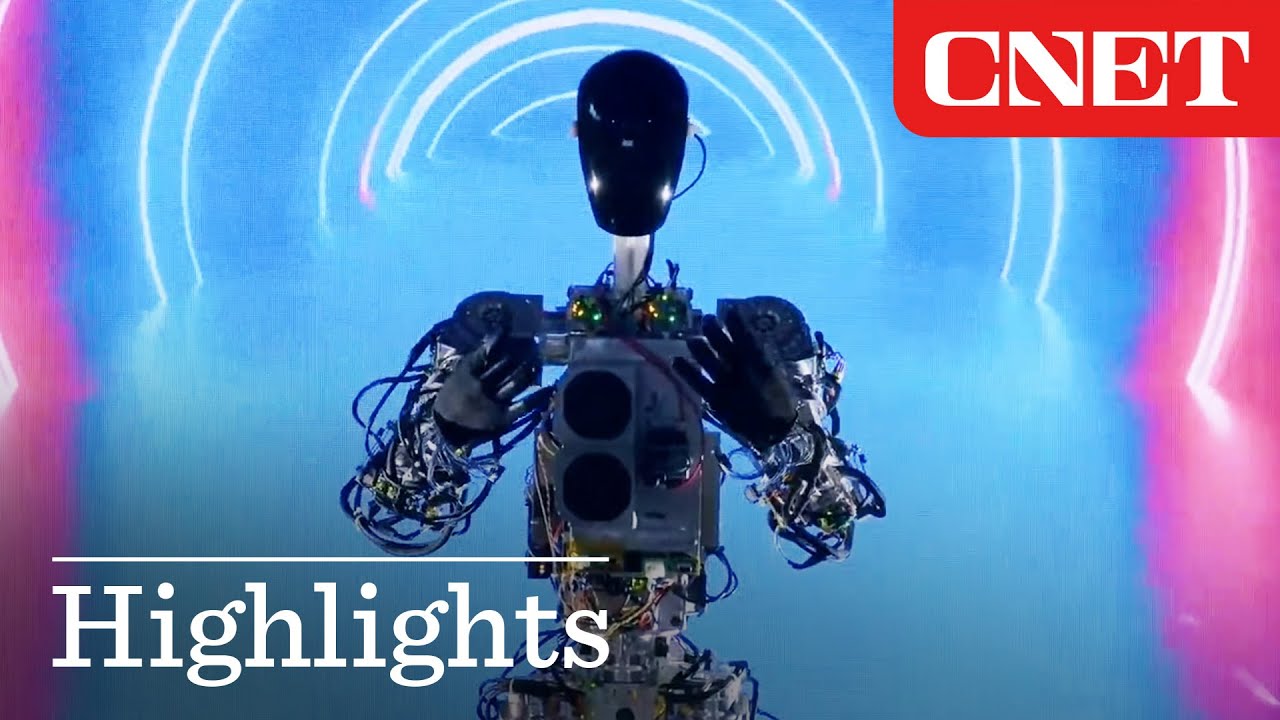
The Robotics Roundup is a weekly newspost going over some of the most exciting developments in robotics over the past week.
In today’s edition we have:
BONUS: Optimus Robot Revealed at Tesla AI Day
- Amazon’s robots are getting closer to replacing human hands
- Robotic-powered prostheses – state of play
- Engineers discover new process for synthetic material growth, enabling soft robots that grow like plants
- How robots and AI are helping develop better batteries
- Chipotle is moving its tortilla robot to a real restaurant
BONUS: Optimus Robot Revealed at Tesla AI Day
Tesla’s robot waves but can’t walk, yet. Musk plans to make millions of them
Tesla’s reveal of the Optimus robot shows amazing progress from last year’s costumed performer, but it also shows how far Tesla still has to go to meet their stated goals.
Amazon’s robots are getting closer to replacing human hands
Amazon continues to progress to the eventual goal of being able to automate it’s entire fulfillment process. In this case, showcasing a simple pinch grasp manipulator moving small objects of several different sizes shapes and weights with a 95% success rate at a speed several times that of a human picker.
Robotic-powered prostheses – state of play
Prosthetic technology has greatly improved in recent years, going from simple single DOF motorized grippers to advanced myoelectric bionic hands. Although fully integrated bionic prosthesis are still science fiction, there are a few major breakthroughs in prosthetics that seem to be right around the corner.
Engineers discover new process for synthetic material growth, enabling soft robots that grow like plants
The University of Minnesota Twin Cities Department of Chemical Engineering and Materials Science has published a paper documenting a new method of “growing” soft robots from organic material. This process, similar to the SLA method of 3D printing, allows soft robots to create their growing body segments from liquid materials.
How robots and AI are helping develop better batteries
Researchers at Carnegie Mellon are using an automated battery prototyping system, combined with a machine learning system to rapidly prototype novel chemical compositions for Lithium Ion batteries in an attempt to improve charging times. Using this system the team produced a prototype formulation that decreased charging time by 13% on their benchmarks.
Chipotle is moving its tortilla robot to a real restaurant
Automation continues to integrate itself more thoroughly into our daily lives. Chipotle joins White Castle, Buffalo Wild Wings, and Panera in testing a move to robotic cooks in select restaraunts.
